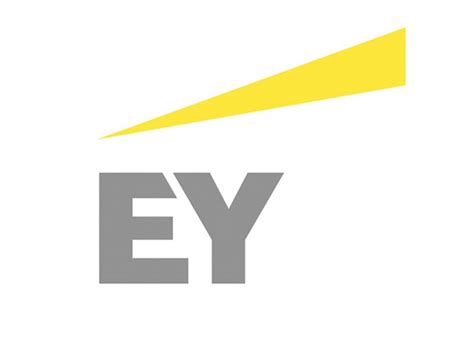Britain has dropped one place to fourth – behind Germany, – among 40 major economies ranked by global consultants EY in their latest RECAI attractiveness index for renewables investment.
Every six months since the early 1990s, EY has presented to investment decision makers nations’ performance and allure as a home for investment in low carbon energy. For the third year in a row America and China remain unchanged at the top of the consultants’ attractiveness league.
Germany powers onto EY’s RECAI podium on the strength of a drive launched at Easter by chancellor Olaf Scholz’s new green-red-yellow coalition. It brings forward by 15 years to 2035 the country’s planned freedom from brown coal – lignite – and gas.
As a waypoint on that journey, by 2030 Germany intends to have stripped 80% of carbon from its electricity generation.
Intended planning reforms in the UK, designed to cut developers’ waits for offshore wind permits from four years to one, win plaudits from EY’s analysts Ben Warren & Arnaud de Giovanni.
Britain’s maturing, increasingly transparent market for power purchase agreements also sees this country in an unchanged fourth place behind Spain, Germany and the US in a subsidiary, component ranking of national attractiveness for direct sleeved supply.
Corporate PPA deals struck this year across the globe will fall short of last year’s volumes, the pair note, though will still beat 2020’s total.
“The market has shifted in favour of sellers, with high demand from corporates seeking to use PPAs as a long-term hedge against fluctuations in the wholesale power markets”, Warren & Giovanni judge. “However, uncertainty around government policy and rapidly changing cost profiles have left developers struggling to reach agreements on commercial terms.
While current market conditions have slowed deal-making, PPA fundamentals remain strong for further market expansion, they advise.
“The large gap between low long-term PPA prices and high short-term market prices gives corporates an early financial benefit, and developers a long-term monetary boost and flexibility, compared with a state subsidy in many markets”, the EY duo note.
Morocco, Portugal and Chile are among markets identified by EY as punching above their weight in fostering renewables. Xlinks, the Essex-based £16 billion venture seeking to import Saharan sunshine & wind 3,500 kilometres into Devon as 8% of UK electricity consumption, has the African nation as its southern generating hub.
When countries’ RECAI weightings are adjusted against per capita GDP, Morocco emerges as the study’s most attractive jurisdiction.
‘Plethora of options’
Nine nations in EY’s RECAI top 20 are EU members.
Though dropping one place, France now aims by mid-century for 100 GW of solar and 40GW of marine wind. Seeking to loosen nuclear’s expensive stranglehold, the country has also pledged 5Bn Euros to strip carbon out of heavy industry.
“The global transition from centralized grid networks to decentralized distributed energy systems is accelerating,” EY’s Ben Warren and YYY YYY write . From microgrids, small-scale renewables, and combined heat and power facilities, to distributed energy storage and controllable loads, a plethora of options is emerging.
Increasing pressure on markets to meet decarbonisation goals, plus nations’ desire for energy security, particularly in the wake of the war in Ukraine, are among key driving factors.
“A favourable climate for distributed energy resources has also emerged”, the report notes, “with the cost of technologies falling and regulatory support increasing, notably the tax benefits of the US Inflation Reduction Act and the European Commission’s REPowerEU plan”.
Read the full report here.




